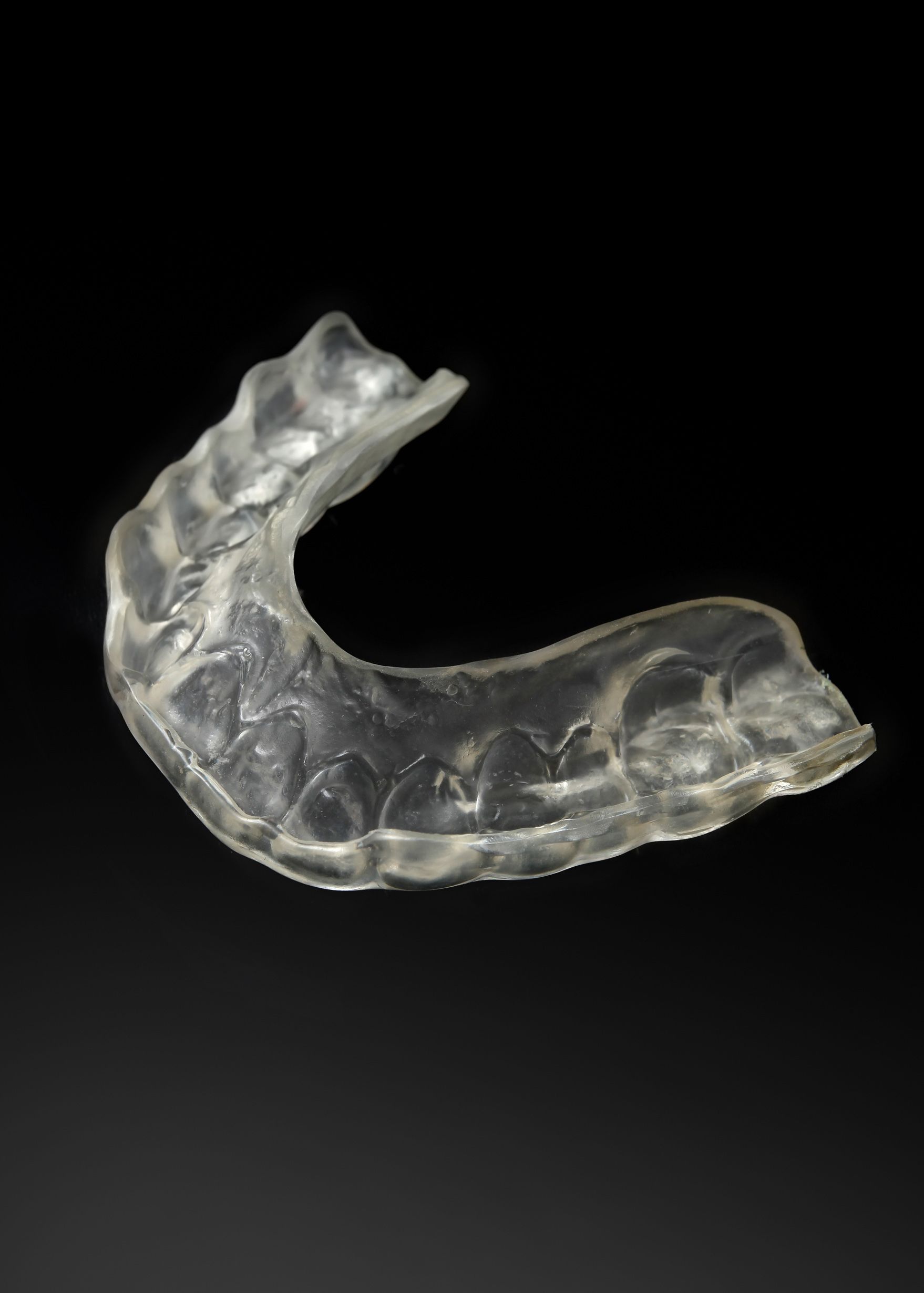Are Mouth Guards Right for You?
 If you play sports or suffer from nightly teeth grinding, you may be a candidate for a mouth guard. Wearing a mouth guard while playing sports or sleeping is a simple way to prevent potentially severe dental damage. General dentistry treatments, like mouth guards, combined with good oral hygiene habits can help protect the teeth from dental damage and keep your smile looking its best. Including a mouth guard as a part of your dental care routine can further help protect your oral health and prevent dental injuries. To find out if you are a good candidate for a mouth guard, schedule a consultation with Staten Island, NY dentist Joseph T. Mormino.
If you play sports or suffer from nightly teeth grinding, you may be a candidate for a mouth guard. Wearing a mouth guard while playing sports or sleeping is a simple way to prevent potentially severe dental damage. General dentistry treatments, like mouth guards, combined with good oral hygiene habits can help protect the teeth from dental damage and keep your smile looking its best. Including a mouth guard as a part of your dental care routine can further help protect your oral health and prevent dental injuries. To find out if you are a good candidate for a mouth guard, schedule a consultation with Staten Island, NY dentist Joseph T. Mormino.
What Are Mouth Guards?
There are different types of mouth guards available to address each patient's unique needs. Although there are different types of mouth guards, they serve a similar purpose: protecting the teeth. In general, mouth guards are u-shaped trays worn while sleeping or during sports. Mouth guards may be custom-made by a dental office or purchased pre-made in store. Pre-made mouth guards are generally suitable for athletes, while custom-made mouth guards are comfortable enough to wear during sleep, making them ideal for those who suffer from teeth grinding.
Who Should Wear a Mouth Guard?
Anyone who requires extra dental protection may benefit from a mouth guard. Mouth guards provide extra protection from sports-related injuries and teeth grinding; they can also reduce the symptoms of temporomandibular joint (TMJ) disorder. Candidates for mouth guards include:
- Those who play sports: Dental damage, including chips, fractures, or tooth loss, are common consequences of sports-related injuries. Those who play sports, especially contact sports like football, are at particular risk for dental injuries. Wearing a mouth guard while playing sports can protect the teeth from unexpected damage. Even those who enjoy extreme sports, like skateboarding and BMX biking, may benefit from wearing a mouth guard.
- Those who suffer from teeth grinding: Teeth grinding, also called bruxism, can lead to severe dental damage, such as enamel wear, tooth decay, and fractures. Those who suffer from teeth grinding can help protect their smile by wearing a mouth guard.
- Those who suffer from temporomandibular joint disorder: Mouth guards called bite splints can help alleviate the symptoms of temporomandibular joint disorder (TMD). TMD is a condition that can make jaw movement painful and eating difficult. TMD symptoms are sometimes exacerbated by clenching the jaw, especially during sleep. Bite splints help prevent jaw clenching, reducing strain on the jaw joint and alleviating TMD symptoms.
The Benefits of Wearing a Mouth Guard
Mouth guards provide many benefits for anyone who is at risk of dental damage from sports-related injuries or teeth grinding. A mouth guard may even provide relief to those who suffer from TMD. A mouth guard can help protect the smile from fractures, chips, enamel wear, and tooth loss. Some of the many benefits of wearing a mouth guard include:
- Prevent sports-related dental injuries
- Protect the teeth from wear and damage caused by teeth grinding
- Reduce TMD symptoms
Find Out if a Mouth Guards Is Right for You
For more information about mouth guards and if they can benefit you, we welcome you to schedule a consultation with Dr. Mormino.


